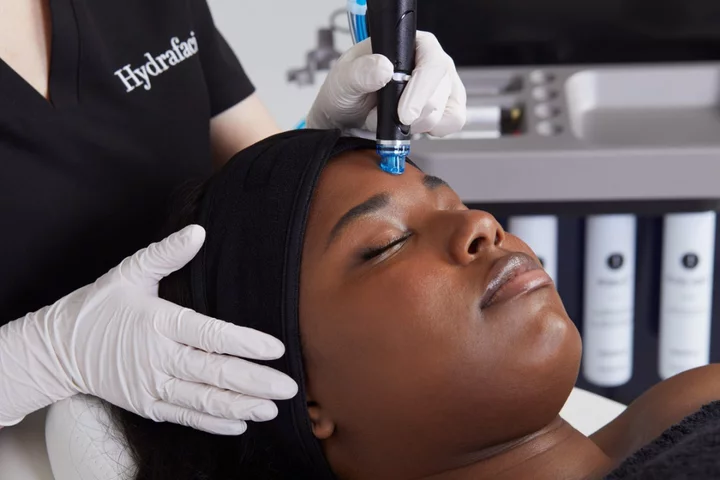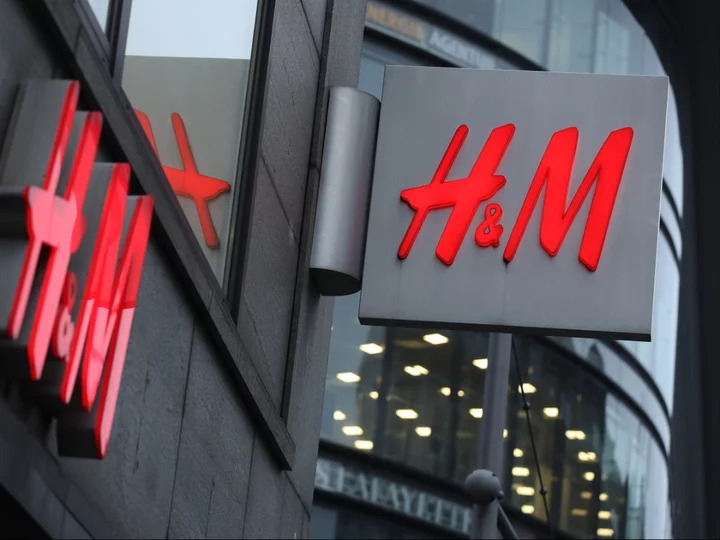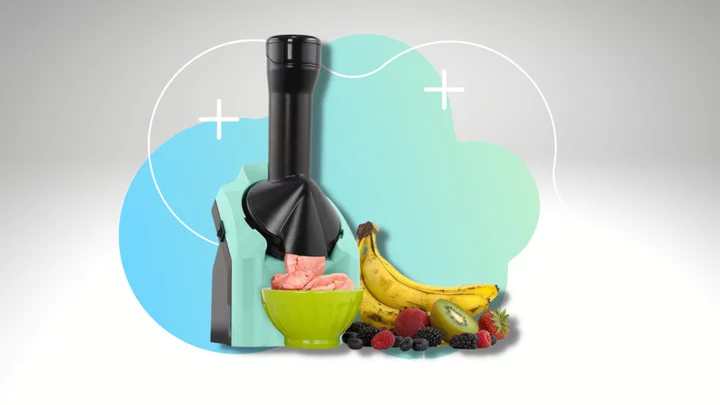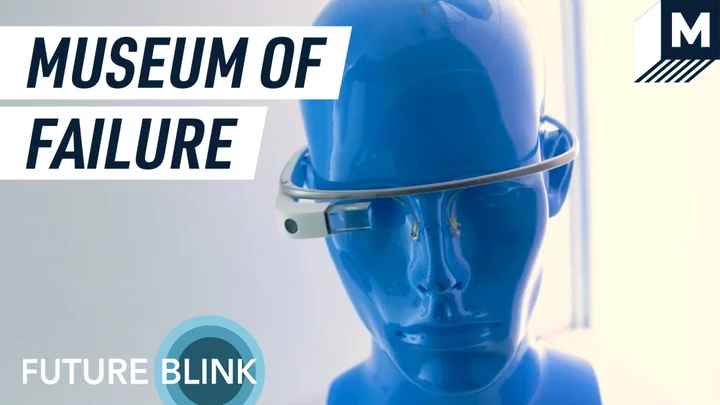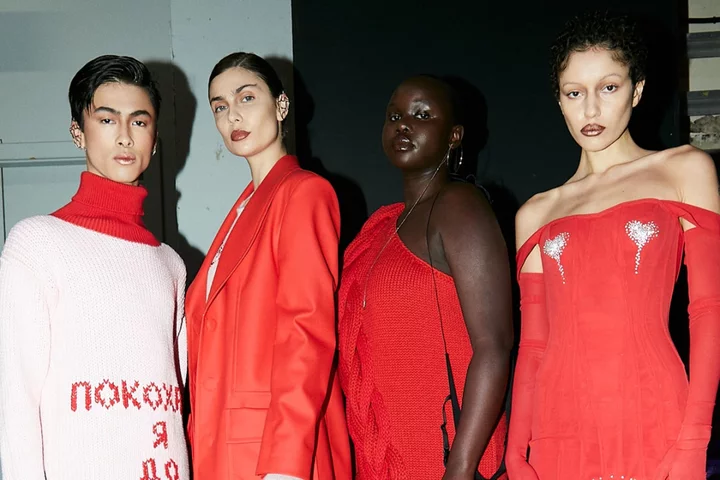If you’re a dedicated skincare junkie, you might be thinking about how you can get that glow beyond your night-time skincare routine.
Facials can be an appealing way of targeting any concerns you might have and giving your skin a bit of professional care. But they’re undoubtedly expensive, and generally more of an investment than buying a pot of moisturiser.
Naturally, you want to spend your money as wisely as possible – and if you do have the extra funds for a facial, you don’t want to waste it.
So, what’s the best type of facial to get for your age group?
In your 20s
“Facials and skincare choices in your 20s should be preventative; aiming to optimise your skin’s health and supercharging collagen and elastin levels,” says Dr Thuha Jabbar, aesthetic doctor and founder of Almas Dental.
“Hydrafacials are a great, non-invasive skin boosting treatment that deep cleanse the skin, brighten and reduce fine lines. Chemical peels and other non-invasive facial treatments are also great to improve skin tone and keep breakouts at bay.”
Dr Sophie Shotter is also a fan of Hydrafacials (which start from £125 depending on clinic and location – available in over 1,300 UK and Ireland providers). They provide a deep clean, followed by extracting any impurities then moisturising the skin.
Shotter says they can “help to give the skin a deep clean, minimising the risk of breakouts. LED [light therapy facials] is also an excellent choice. Many facialists will combine techniques for best results.”
Dr Radmila Lukian, dermatologist at the Lucia Clinic, recommends microdermabrasion for people in their 20s – a process where fine crystals and a vacuum are used to remove dead skin cells. She says it’s “a great treatment for brightening dull skin and reducing pigmentation. Perfect for young adults.”
In your 30s
When you hit your 30s, this is the time when Shotter recommends “starting to think about upping the ante” with your skincare. She recommends facials which incorporate microneedling – a process where small needles pierce the top layer of your skin.
“We often start to notice the early signs of ageing, as collagen loss kicks in through our 30s, and these treatments can help to stimulate collagen production leading to significant improvements in skin texture,” Shotter says.
Lukian recommends a facial that incorporates dermaplaning – where a scalpel removes hair and dead layers of skin – which she says can help “combat free radical damage, stimulate collagen and improve skin texture”.
In your 40s
When you reach your 40s, Lukian suggests LED light therapy and laser skin resurfacing treatments, as they “become more relevant to target wrinkles, stimulate collagen and improve skin elasticity”.
She adds: “Laser skin resurfacing uses targeted laser energy to promote collagen production – revealing healthier, younger-looking skin.”
Kim Kardashian, 42, is a fan of laser facials, and often posts about her treatments on Instagram.
Jabbar adds: “Your 40s is a great time to try laser treatments, to reduce the visibility of wrinkles and boost the overall health and appearance of your skin. From laser skin resurfacing treatments to IPL [intense pulsed light] facials that reduce hyperpigmentation and sun spots, lasers are a versatile and non-invasive option which can restore a youthful glow to your skin.”
In your 50s and beyond
“In your 50s and beyond, keeping focused on collagen stimulation with similar approaches to our 40s certainly helps a lot,” says Shotter.
“But in our 50s, we often start to notice many more visible signs of ageing, including pigmentation and skin wrinkling (elastosis). Using deeper chemical peels or resurfacing laser techniques, which may carry a little downtime, but are worthwhile for the results.”
For this age range, she says skin hydration “is also often a higher concern than in younger years”, so hydrating facials are an excellent choice too.
While Hydrafacials are great in your 20s, they’re equally beneficial in your 50s and beyond – singer and actor Jennifer Lopez, 54, recently collaborated with the brand for her own ‘JLo Beauty Booster’ that can come as part of the treatment.

